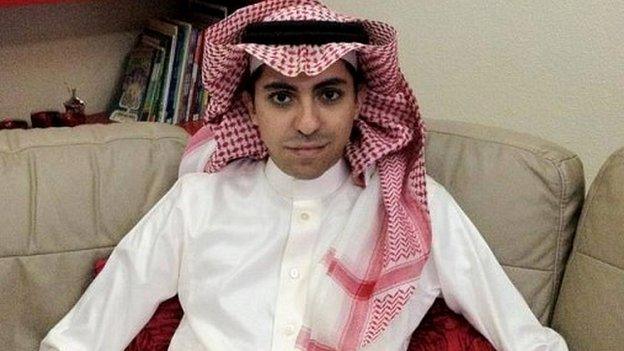US-Saudi ties: Obama pursues stability, not human rights
- Published
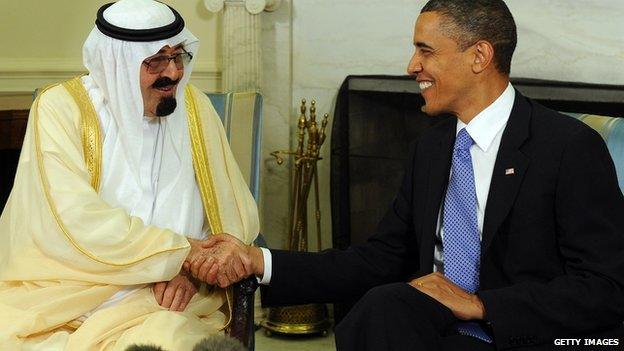
Mr Obama - shown with the current king, Abdullah bin Abdul-Aziz Al Saud in 2010 - has a close relationship with Saudis.
US President Barack Obama and his advisers value their relationship with Saudis more than ever. Some wonder whether the cost is too high.
Mr Obama went to Riyadh on Tuesday to pay his respects to the dead - and to meet the new king of Saudi Arabia, Salman bin Abdul-Aziz Al Saud.
Mr Obama has had a high-profile relationship with Saudi rulers. Once he bowed to a king.
At least that's how it looked during his meeting with King Abdullah in London in 2009. (A story in the Atlantic Wire, external has a video of their meeting - and lists other times Mr Obama has bowed.)
Things are different now. Still, his visit reflects the importance of the US-Saudi relationship.
Today as in years past, Americans value their ties with Saudi leaders, working closely with them on counterterrorism and intelligence issues.
Not everything is perfect, though.
The Saudis wish US officials would push harder for Syria President Bashar al-Assad's ouster, for instance. But overall, the US and Saudi Arabia have a shared history - and common goals.
For these reasons Mr Obama and his advisors appear to have downplayed the issue of human rights during their visit, though the subject has been in the news.
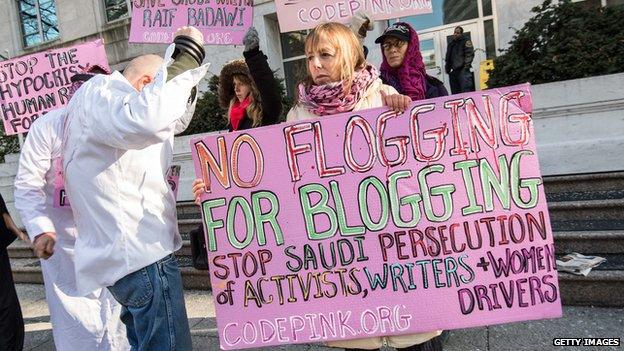
The sentence of flogging for Saudi writer Raif Badawi has sparked protests such as this one in Washington
A Saudi blogger, Raif Badawi, was sentenced to weekly floggings recently, charged with "insulting Islam through electronic channels". The scheduled floggings have twice been postponed.
In addition Saudi Arabia is a world leader in beheadings, according to Foreign Policy, external. Still these issues were not high on Mr Obama's agenda during this trip.
By his own account he felt reluctant to press matters at this time. Talking about human rights makes some allies "uncomfortable," he explained on CNN, external. "It makes them frustrated."
On his trip to Riyadh Mr Obama was accompanied by Secretary of State John Kerry and CIA Director John Brennan. Condoleezza Rice, who has served as secretary of state, and Brent Scowcroft, a former national security adviser, were also there.
"The US has important relationships with lots of countries with which it has differences. China is one, Saudi Arabia is another," says Jon Alterman, the director of the Center for Strategic and International Studies' Middle East program.
"I don't see that changing in the near future," he says.
The Saudis play a key role in maintaining security in the region. Other countries have been rocked by chaos over the past several years, yet the political situation in Riyadh has remained largely unchanged.
"Saudi Arabia is a status quo power," says Bruce Rutherford, an associate professor of political science at Colgate University. "The Saudis provide a rock of stability".
The new king has been careful to explain what people could expect in the future.
"We will continue adhering to the correct policies which Saudi Arabia has followed since its establishment," King Salman said in a speech broadcast on state television.
In recent days US officials have seen people they've gotten to know, such as Prince Mohammed bin Nayef, the interior minister, move up. He is now deputy crown prince and has been formerly placed in the line of succession.
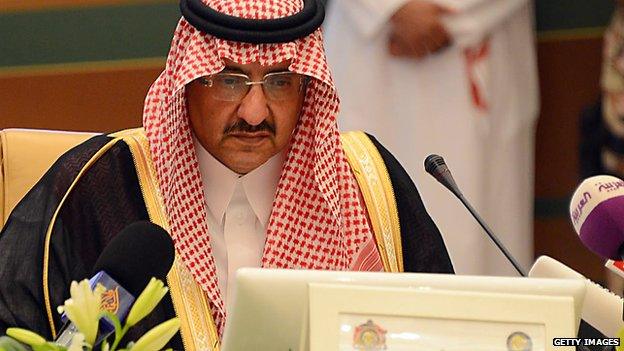
Prince Mohammed bin Nayef, pictured in Riyadh in 2012, has met with Mr Obama
This helps to ensure continuity within Saudi Arabia - and also with US-Saudi relations.
Prince Mohammed bin Nayef, a graduate of Lewis & Clark College in the US state of Oregon, has "close ties" to White House officials, according to the New York Times, external.
Yet continuity makes it harder for US officials to push for a new approach to human rights. Prince Mohammed bin Nayef, for example, takes a hard line against human-rights campaigners.
Thomas Wright, director of the project on international order and strategy at the Brookings Institution, says US officials face a choice between stability in the region and pressing for change.
Both options are fraught with peril.
The close ties Americans have developed with Saudis have been forged because of a strategic necessity. "It's not out of love for the Saudi regime," he says.
"There's a pretty big values gap," he says. "But there's a lack of alternatives for regional stability."
Yet the strategy of cultivating a close relationship with Saudi rulers - and downplaying human rights - also carries risks.
"When human rights are ignored, it creates other problems - dissatisfaction among the local population and the rise of radicalism," he says.
In the end, he says, US officials have to "decide which downside it wants."
- Published29 August 2023
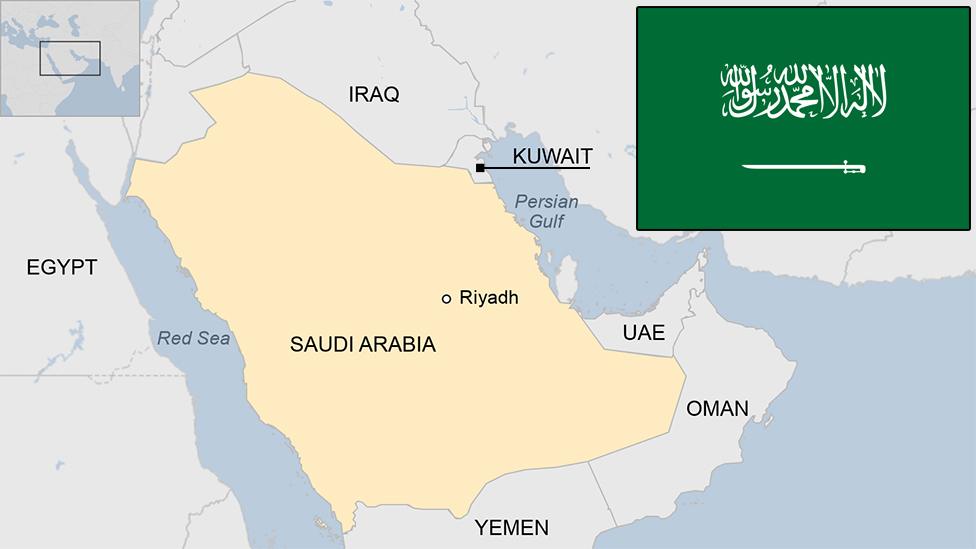
- Published22 January 2015
